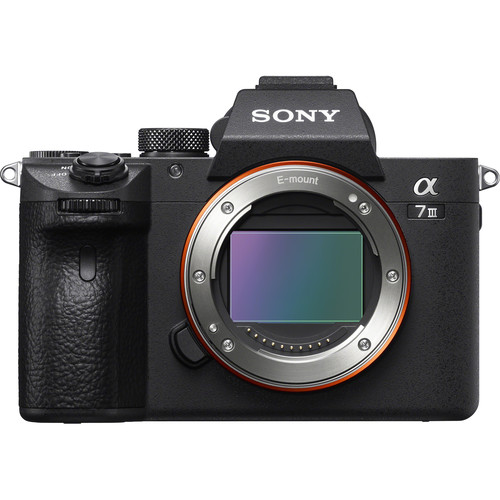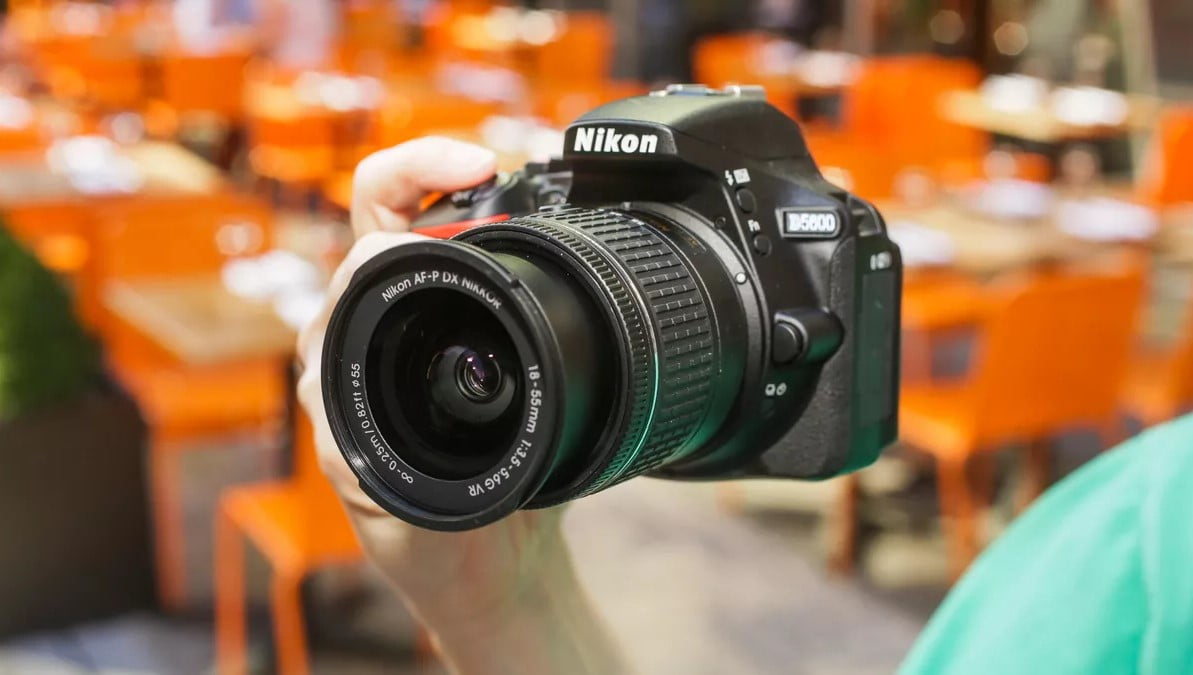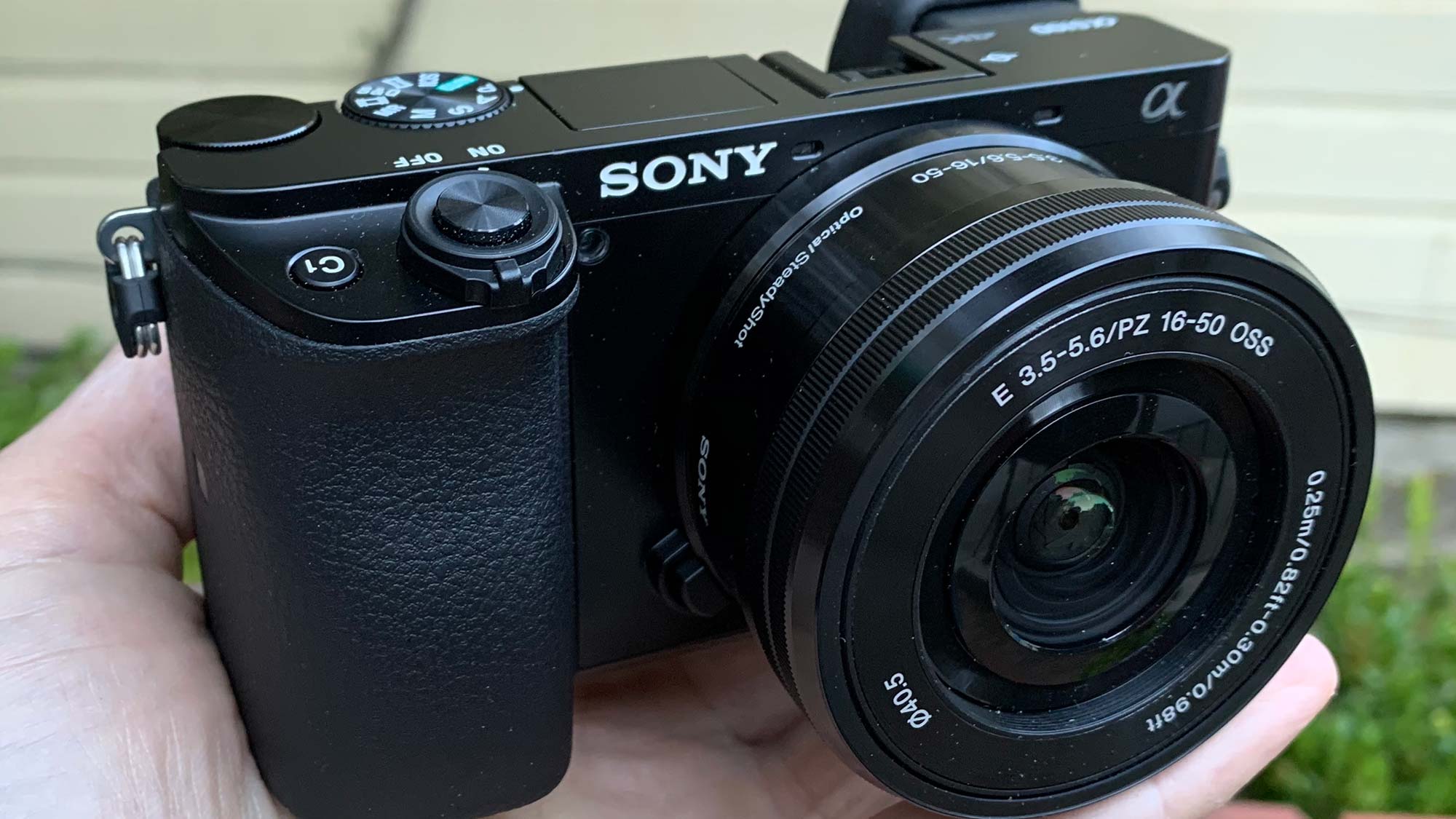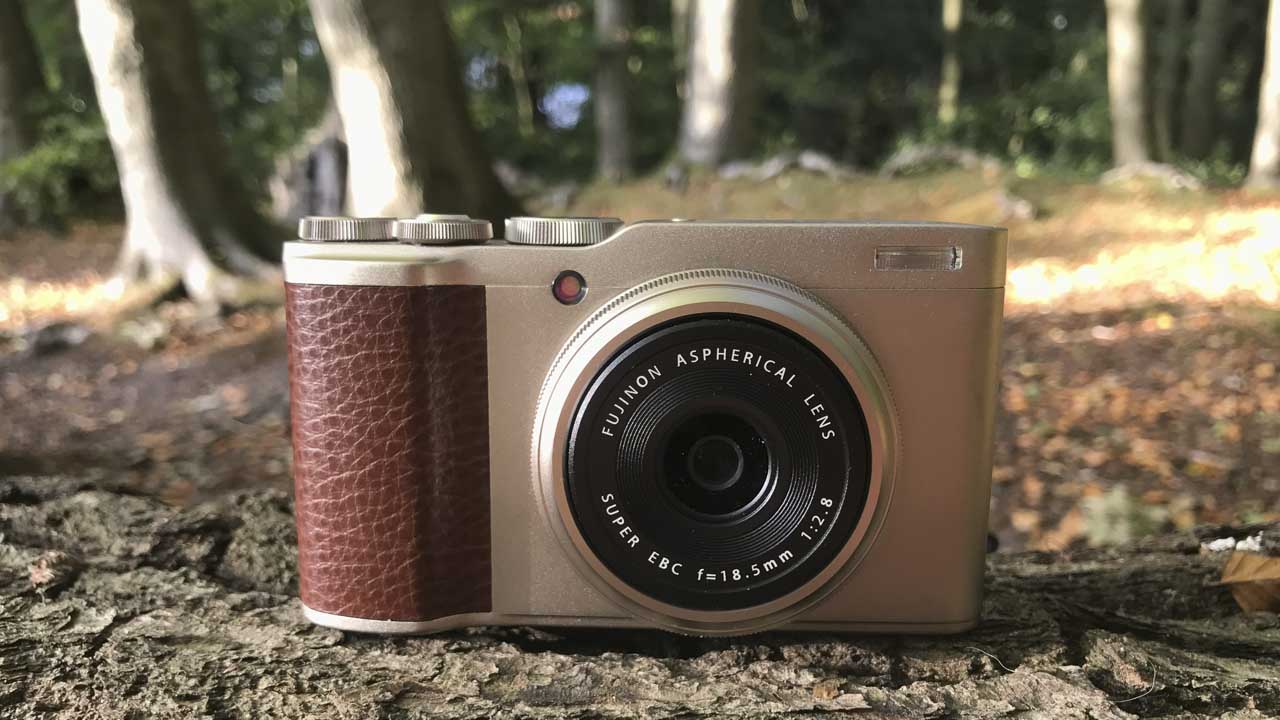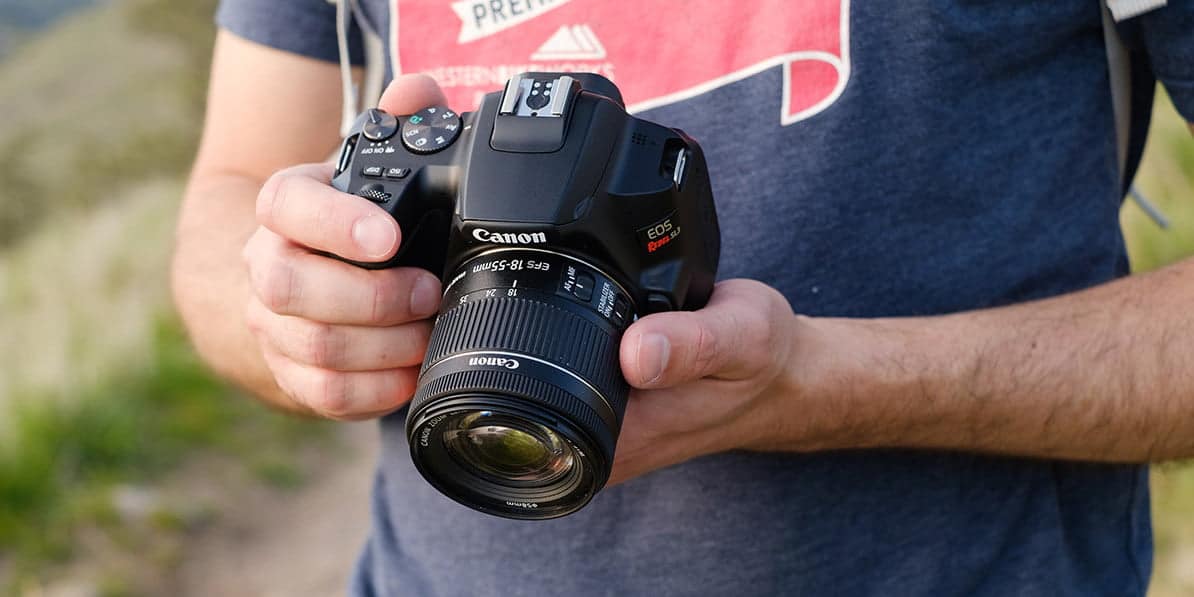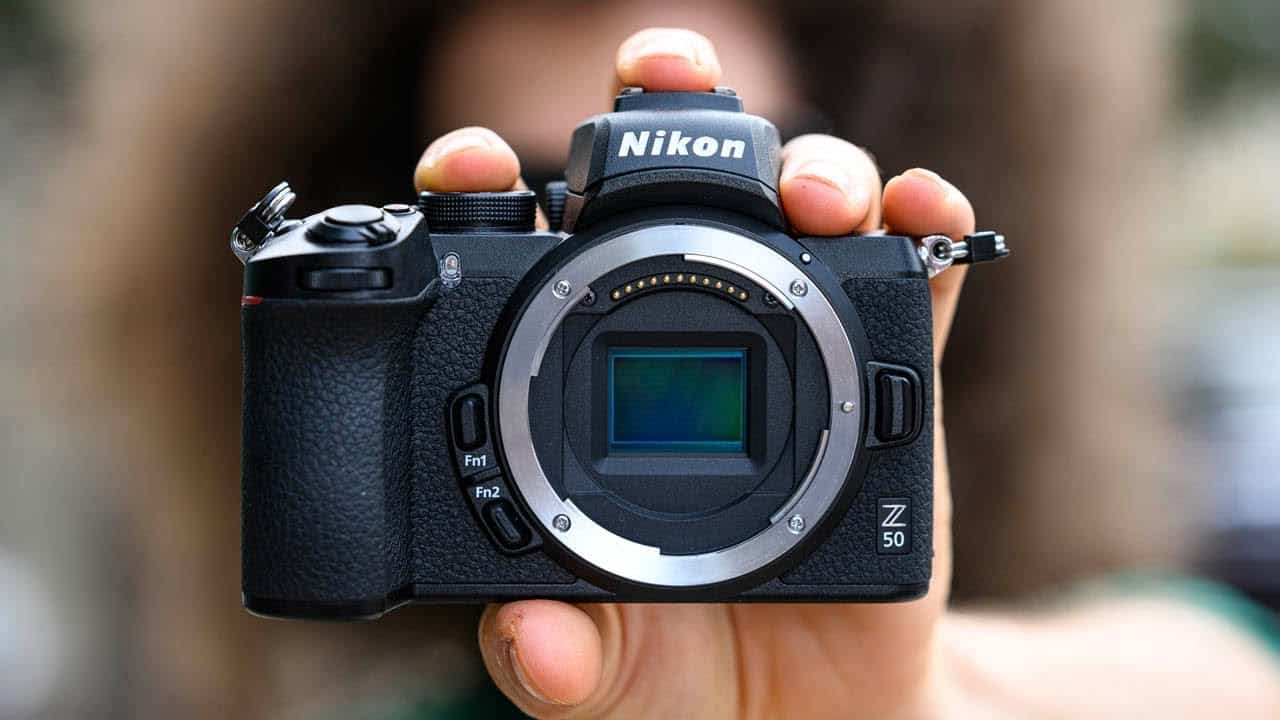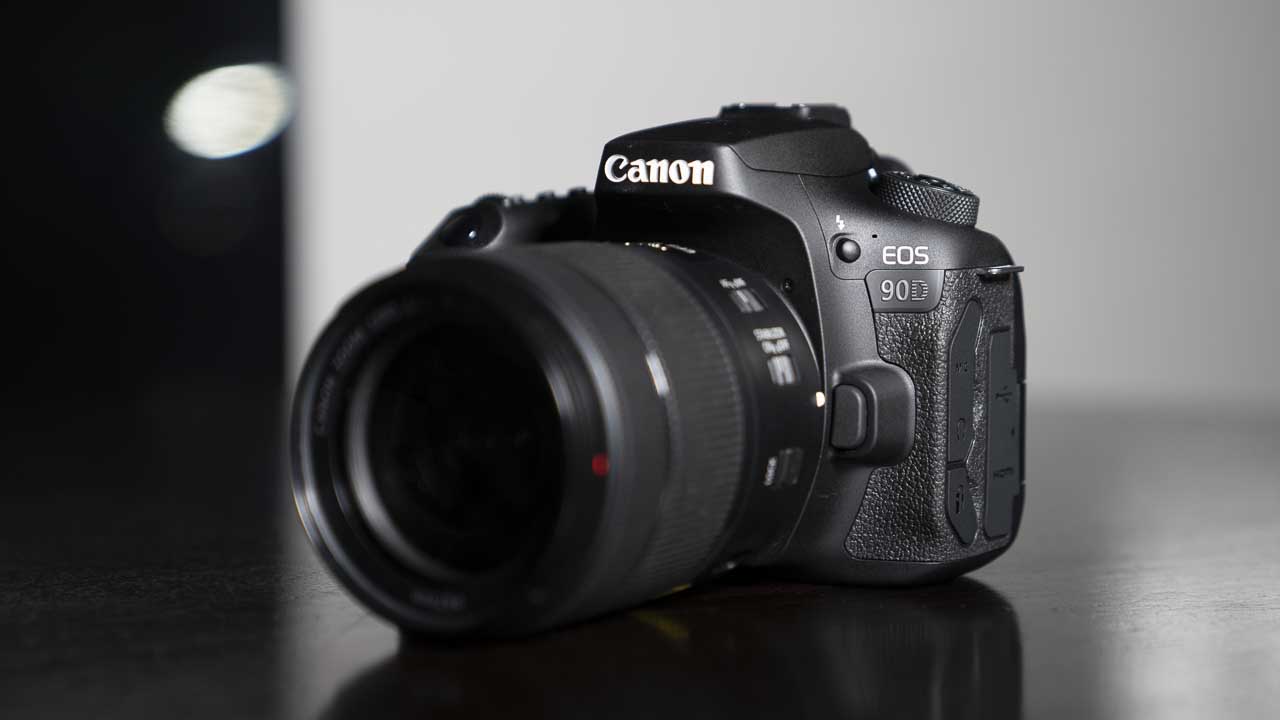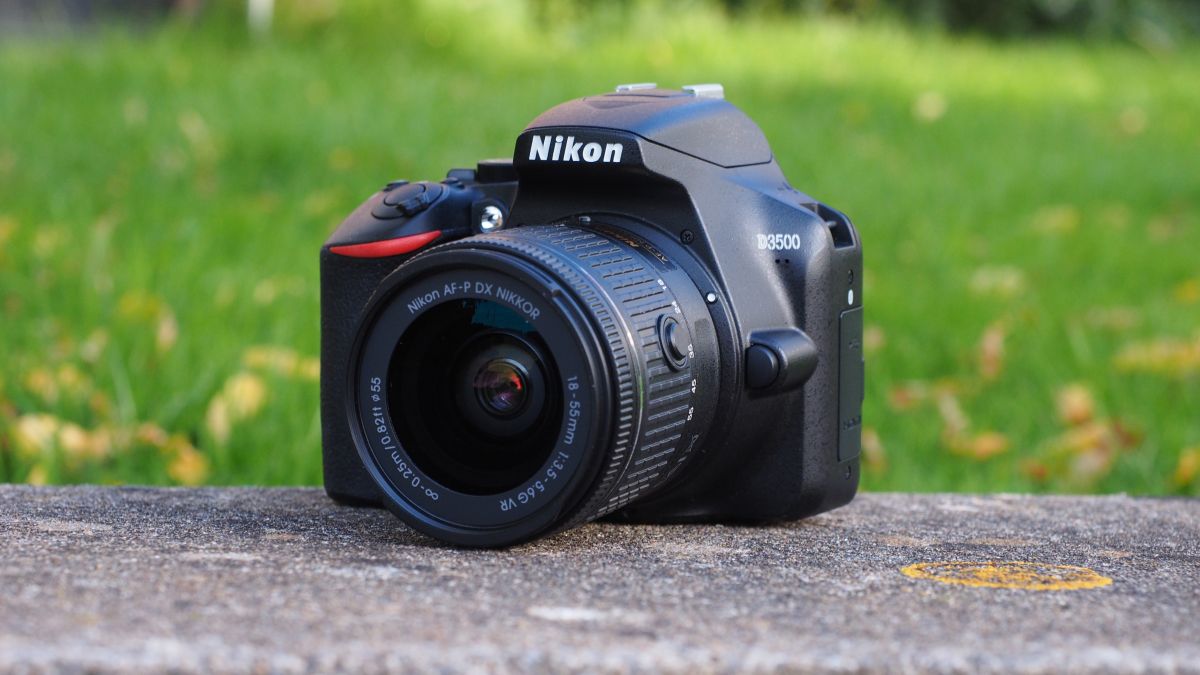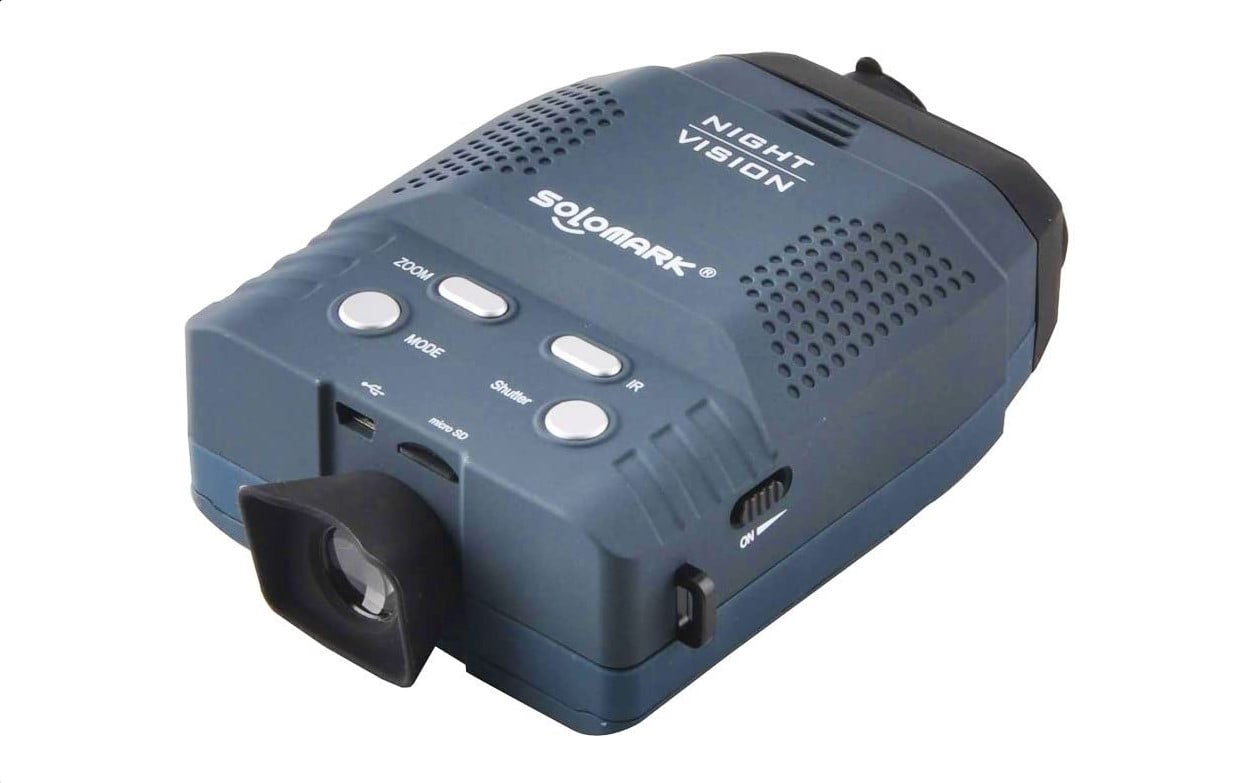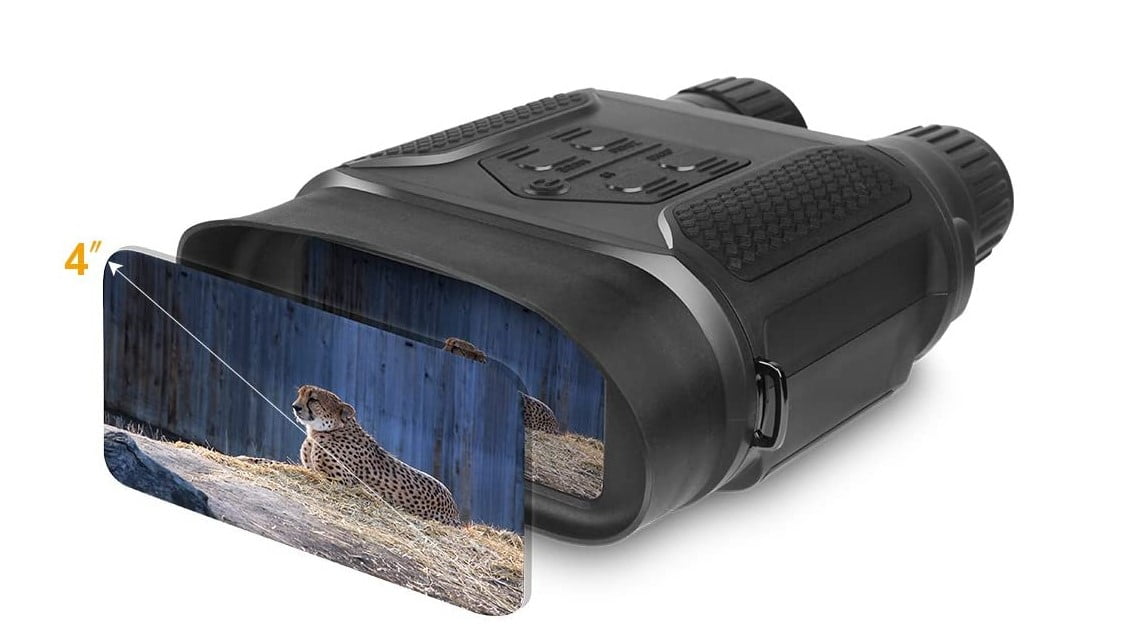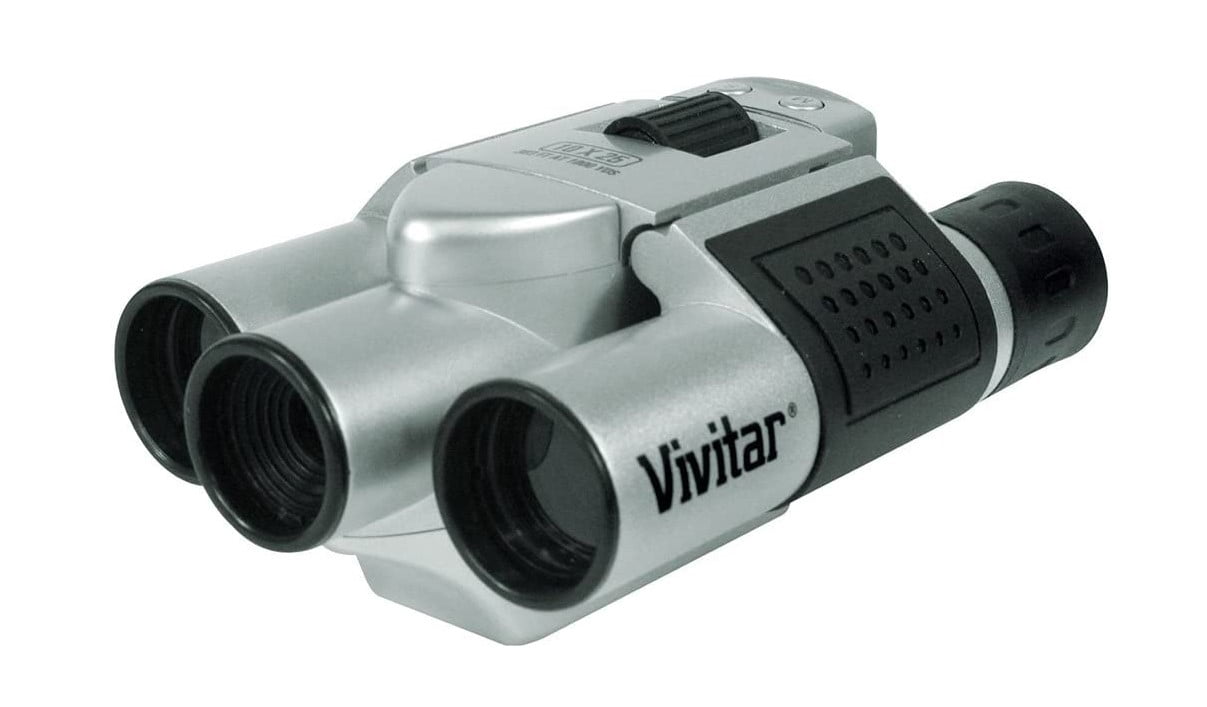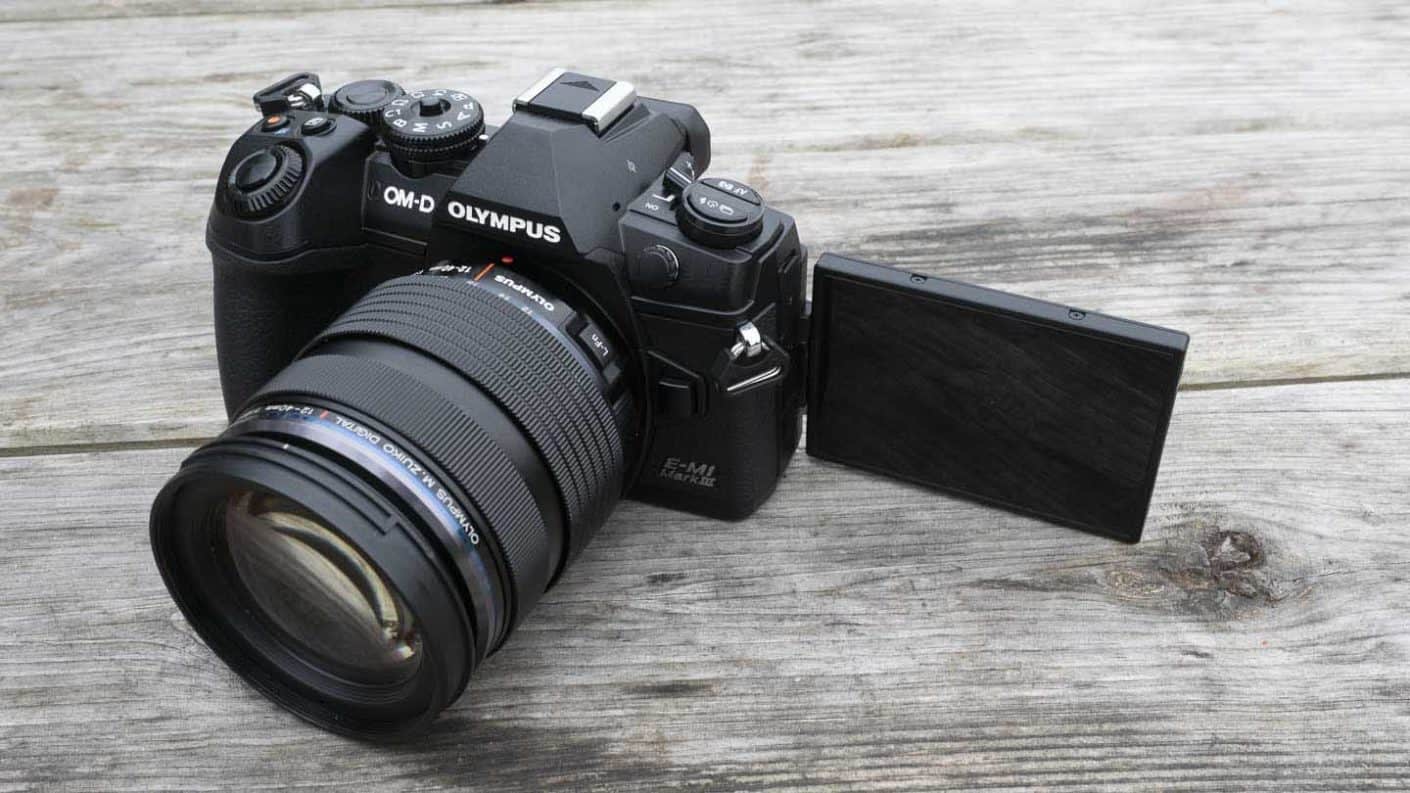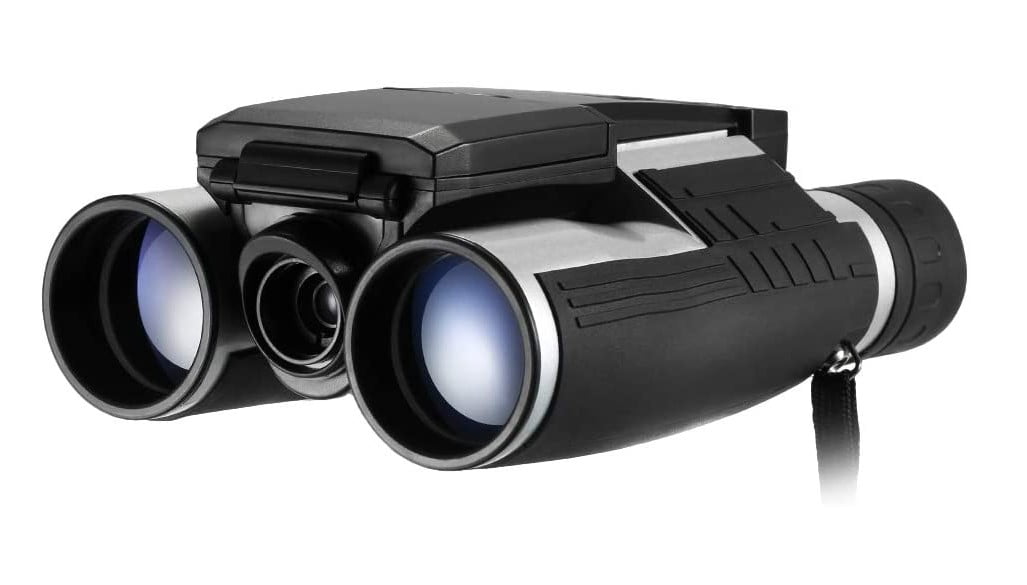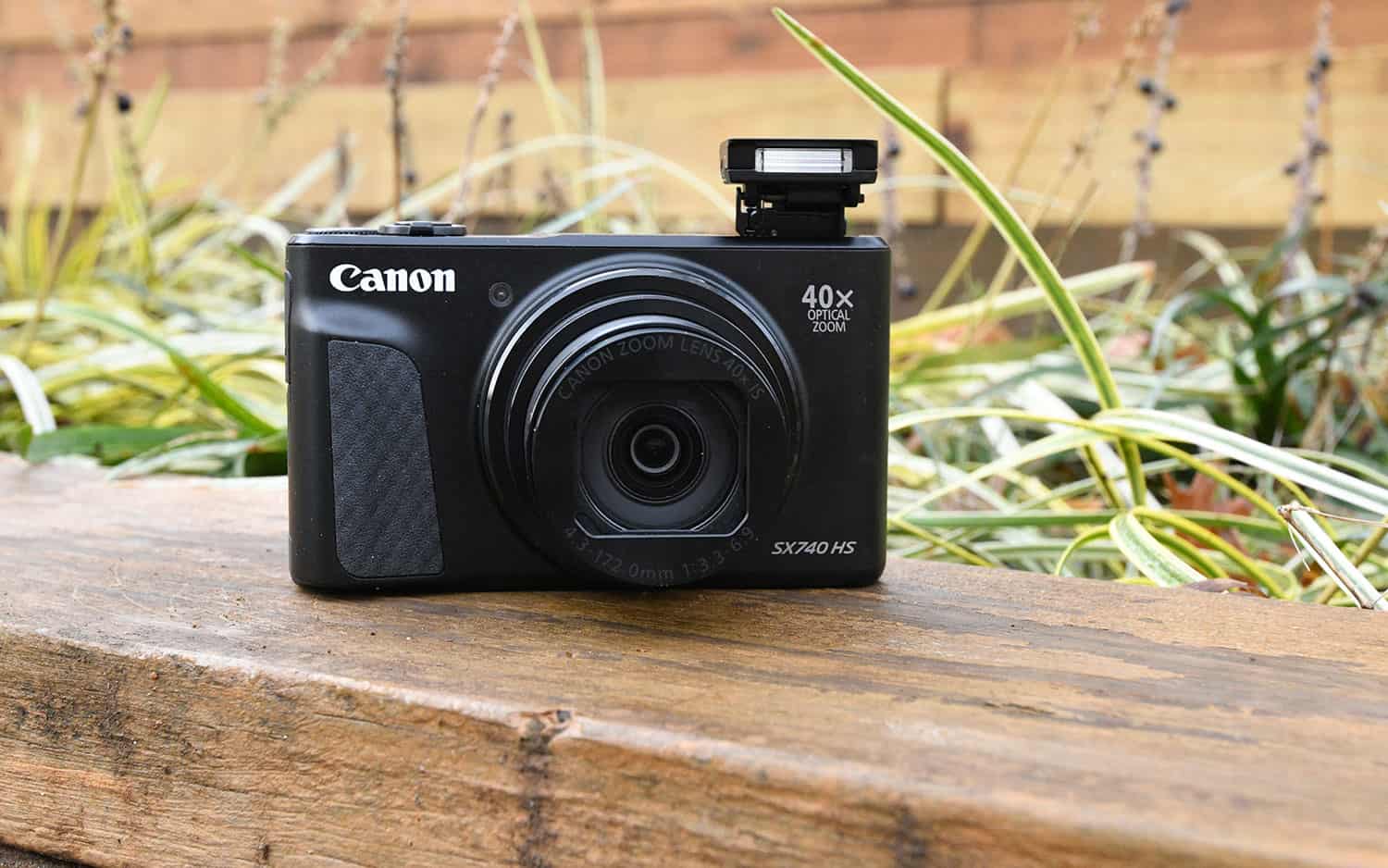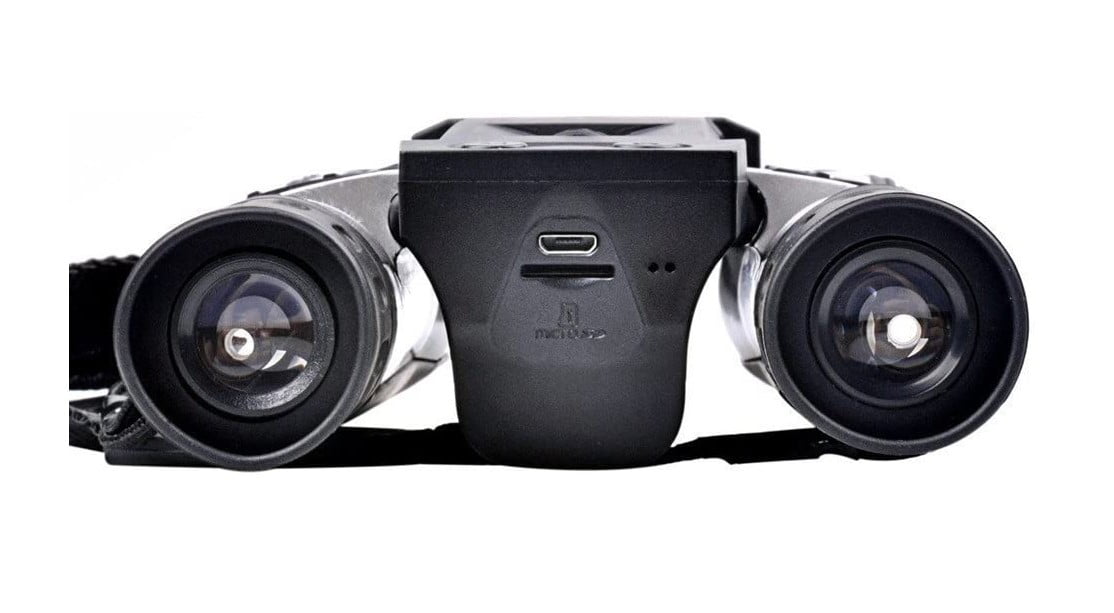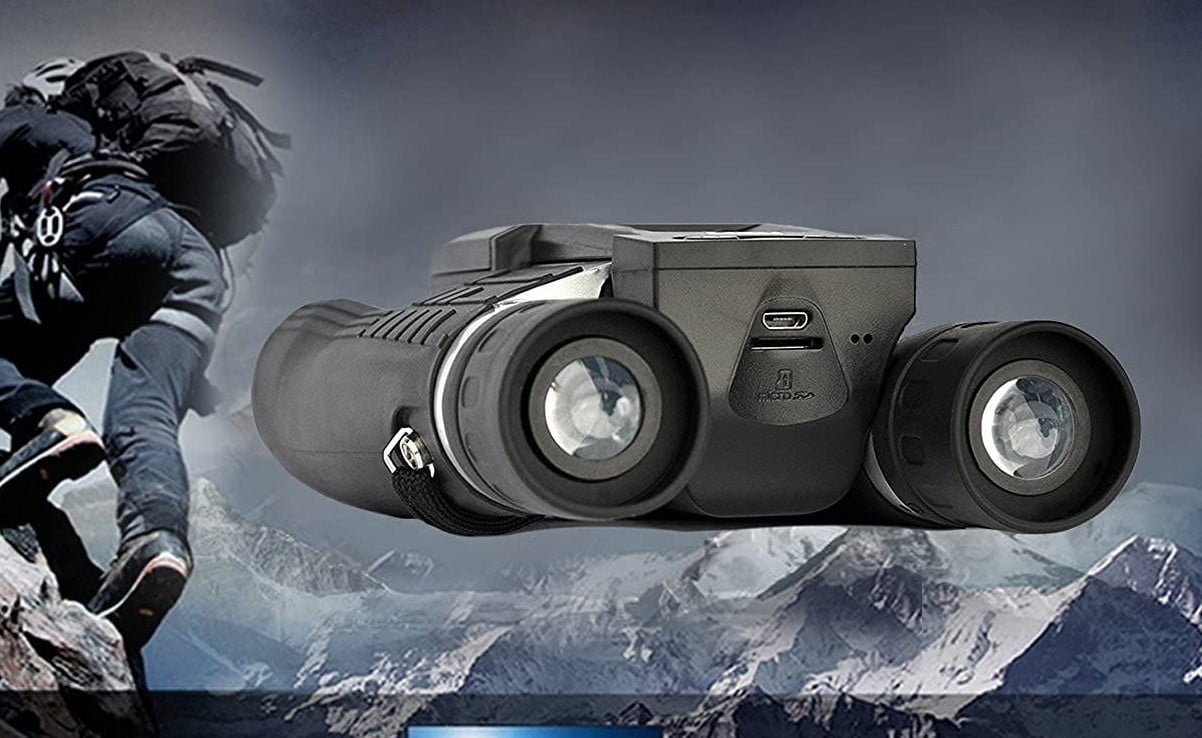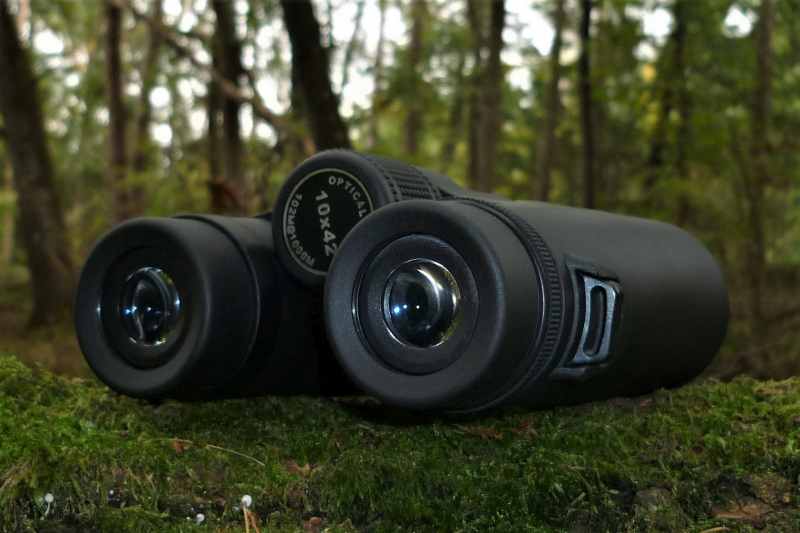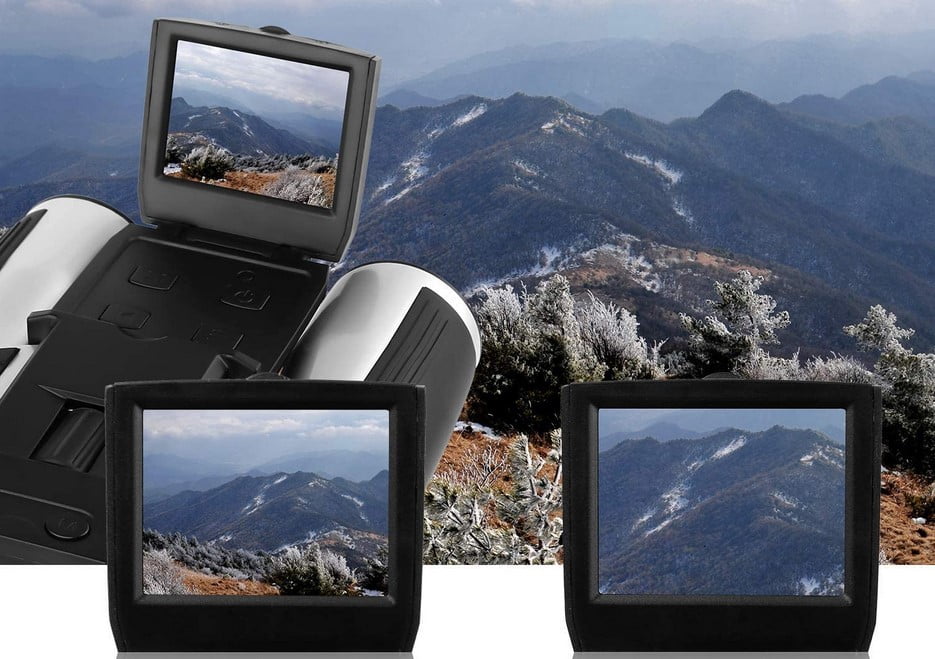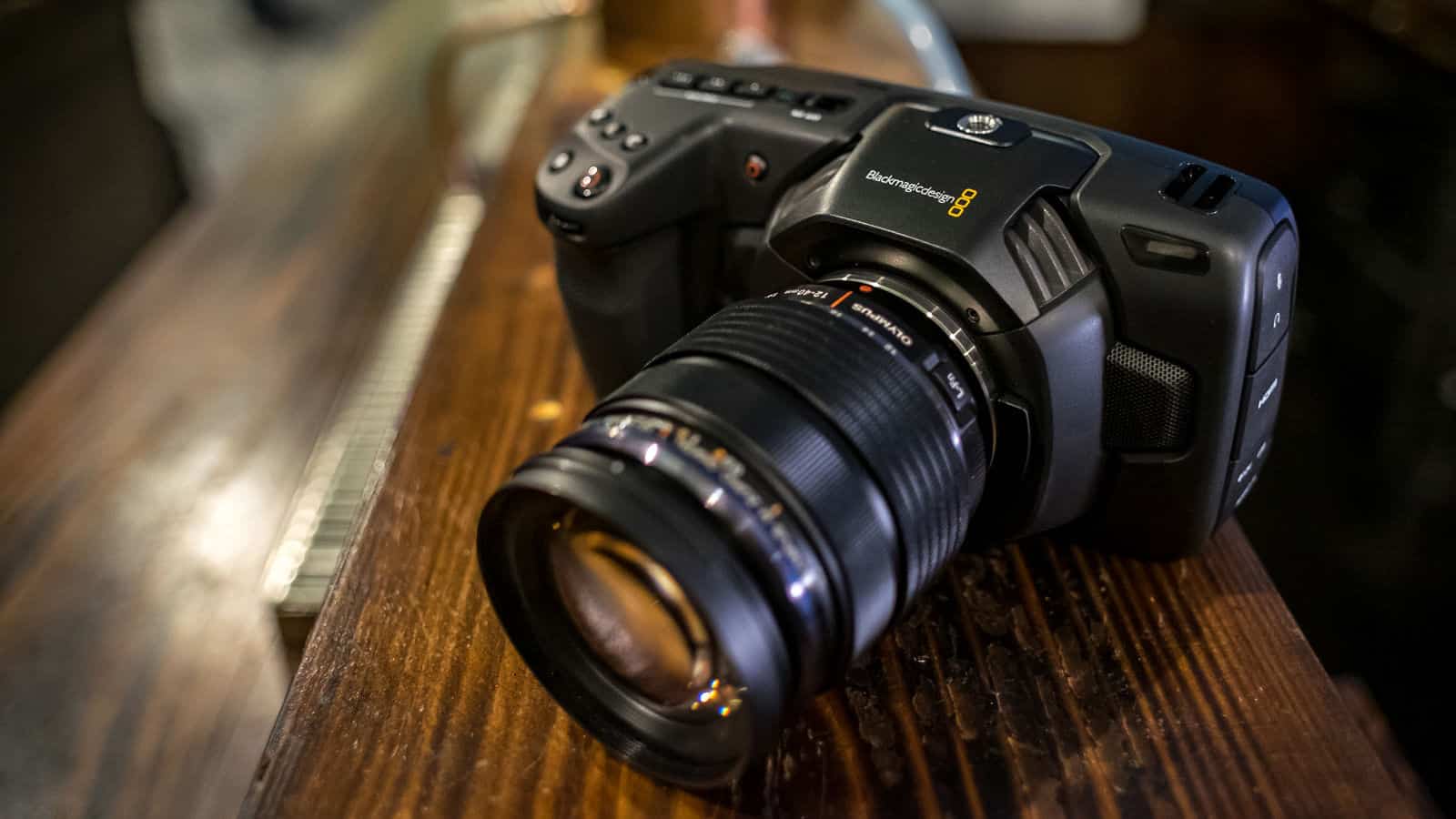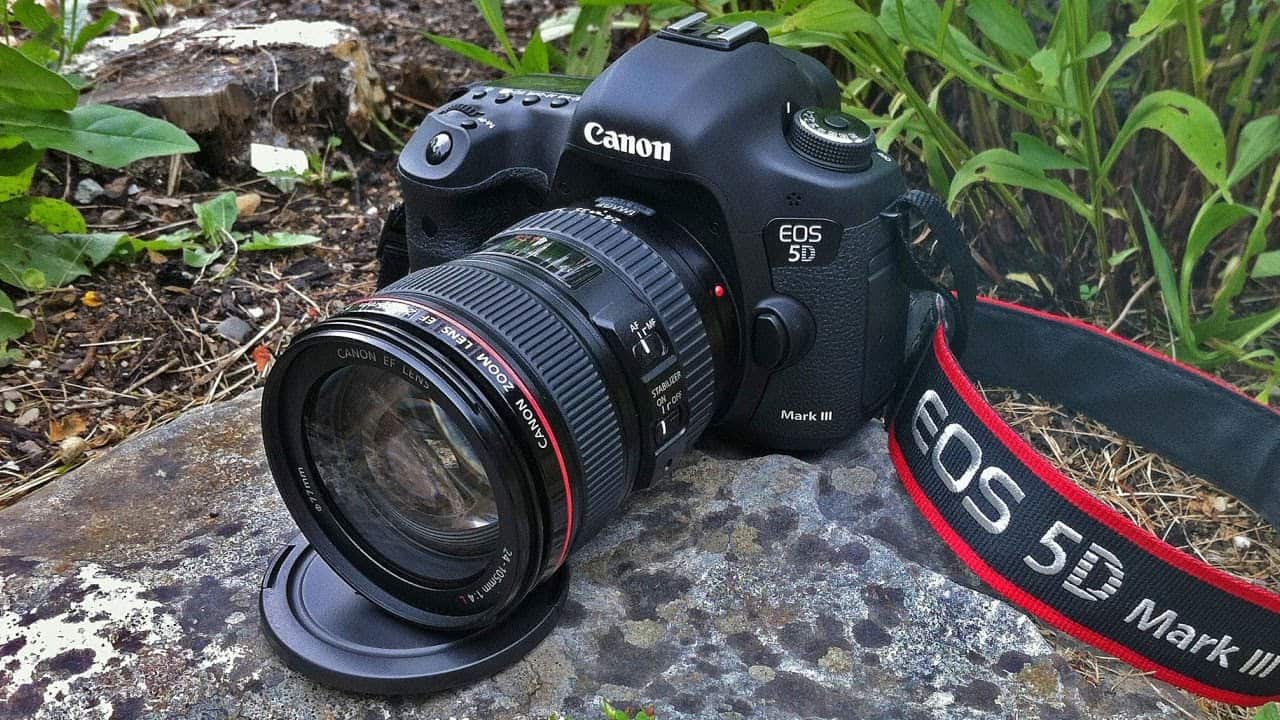Modern digital cameras boast a whole range of high-end features and technologies. Some use mechanical shutters, while others rely on a bevy of integrated sensors. How does a digital camera’s sensor work? Keep reading to find out.
KEY TAKEAWAYS:
- Modern digital cameras include millions of light-sensing “photosites” that use an electrical charge to measure coloured light.
- These sensors are generally split up into three primary colors. Blue light sensors, green light sensors, and red light sensors.
- Some modern digital cameras mix and match technologies by including both digital sensors and mechanical shutters.
What is a Digital Camera Sensor?
When you refer to a digital camera’s embedded sensor, you are referring to a piece of technology used to measure the amount of light that is passed through the camera lens. In a way, a camera’s sensors work similarly to the shutter, as they both keep an eye on light sources so as to create accurate reproductions.
Insider Tip
When you refer to a digital camera’s embedded sensor, you are referring to a piece of technology used to measure the amount of light that is passed through the camera lens.
How Does a Camera’s Sensor Work?
At its core, a digital image is just a reproduction of various points of light. A digital camera features millions of tiny light cavities, all of which are kept track of via a suite of light sensors. These cavities are called photosites and are generally split up by primary color. After an exposure has finished and the incoming light has finished, the sensors read which of these cavities have become filled with light by measuring the overall electrical signal. These signals are then quantified as bit values, translated into an individual pixel or two (million), and finally recorded as a visual file format, typically as a raw file such as a PDF.
There is a multitude of sensor types out there, each specializing in a different color of light, from blue light, to green light, and red light. This increases the image quality before the photo is sent to the memory device. It is, therefore, crucial to learn how to unlock the memory card of your digital camera.
Do All Modern Cameras Have These Sensors?
Most, though not all modern DSLR or mirrorless cameras feature a suite of sensors of some kind. However, many new cameras are hybrid models, meaning that they include light sensors and mechanical shutters. These cameras tend to be referred to as charge-coupled devices, as they typically include a number of CCD sensors. Some cameras also mix it up by adding useful light-filtration tools, such as a pass filter, a filter array, a sensor dedicated to incidental light, and more.
Can Sensors Break?
A modern digital camera includes millions of light sensors. Some can deaden over time, but it is unlikely that they all will fail. Digital sensors tend to be on the hearty side.
Insider Tip
A digital camera features millions of tiny light cavities, all of which are kept track of via a suite of light sensors.
F.A.Q.
Why have CCD sensors become more outdated compared to CMOS?
Short answer? CMOS sensors boast more range when it comes to light and colors. The prices are also coming down with the technology, making them an extremely attractive alternative to CCD sensors.
How do digital cameras compete with smartphone cameras?
For now, dedicated digital cameras are much better at reproducing high-grade images than smartphone cameras. There is simply more room to stuff photo-enhancing technology when it comes to a digital camera than a smartphone, as the phone has to include plenty of other types of technology.
Why do digital cameras compress images?
Digital cameras compress images to save room on the memory card or with the integrated memory device. Raw files take up a lot of space, so they are compressed.
STAT: Global camera shipments have dropped by more than 80 percent since peaking in 2010. (source)

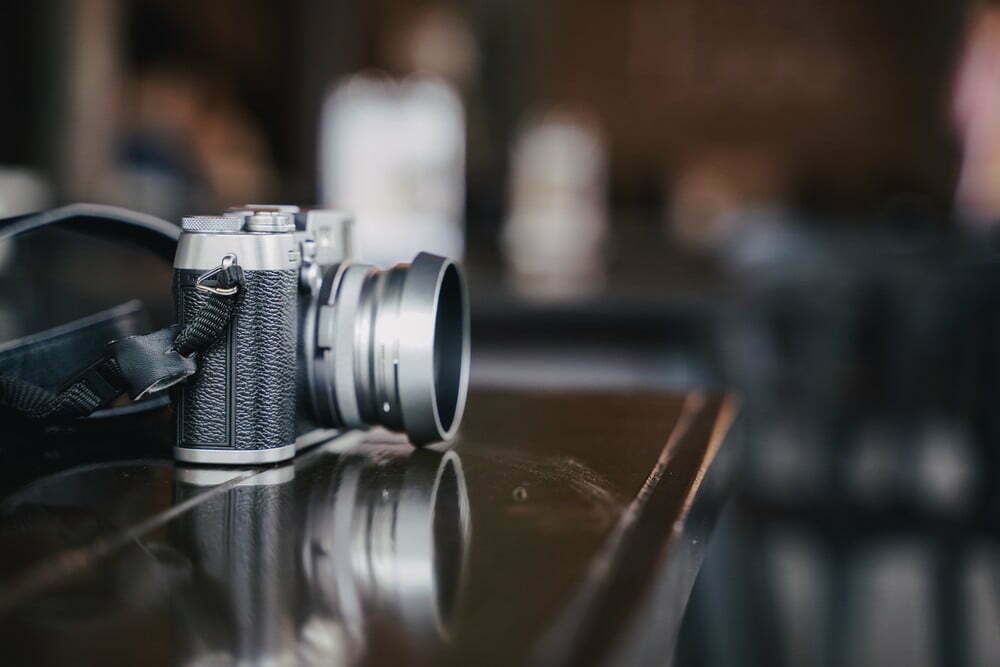













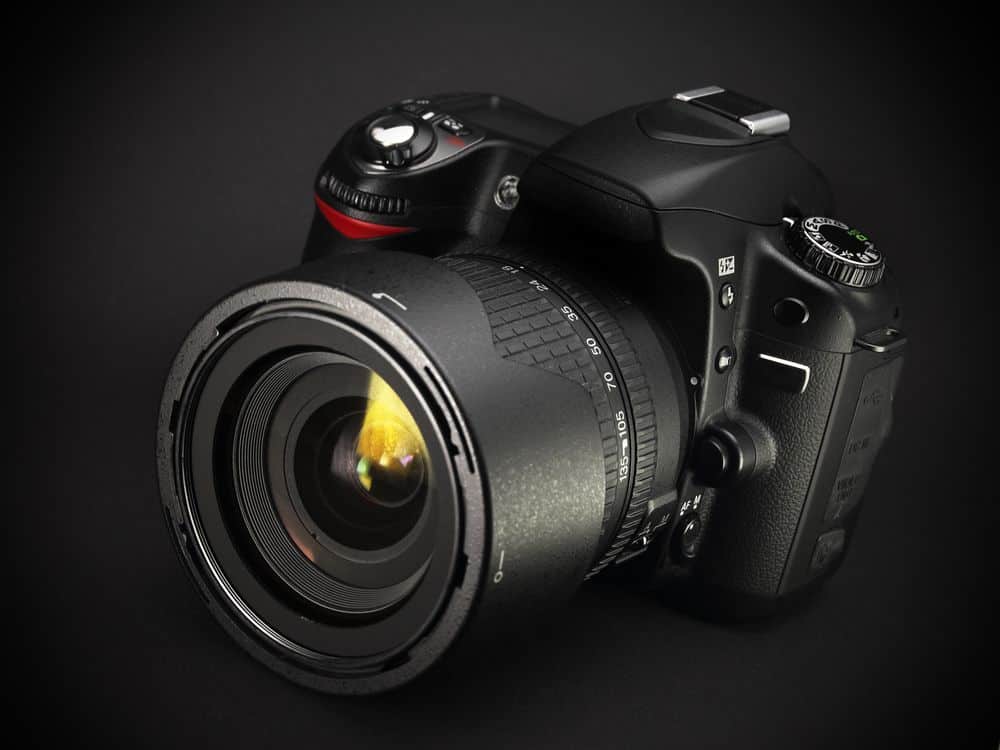
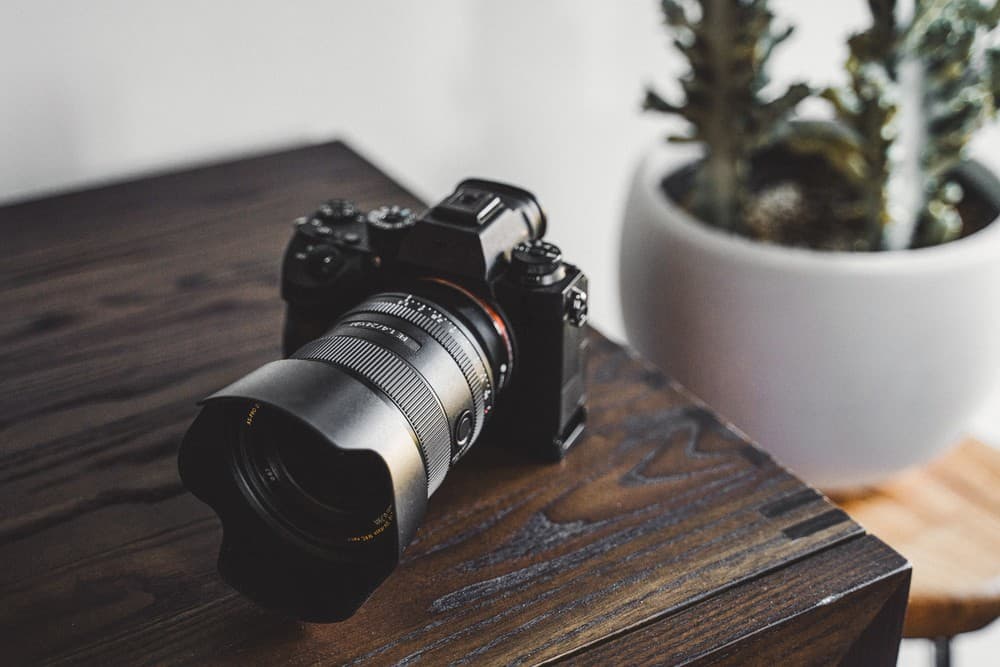
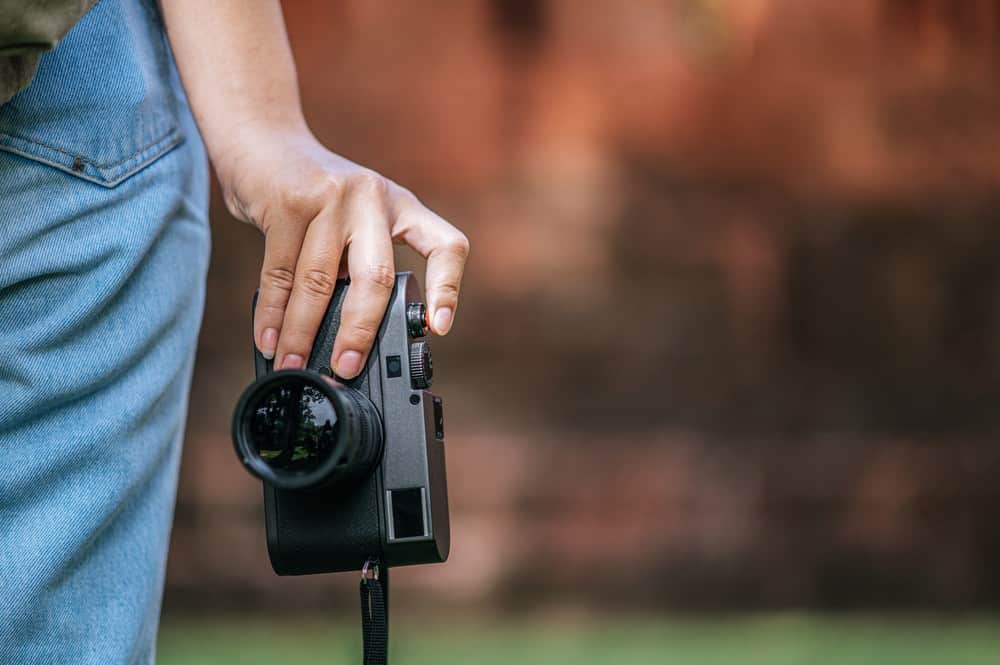
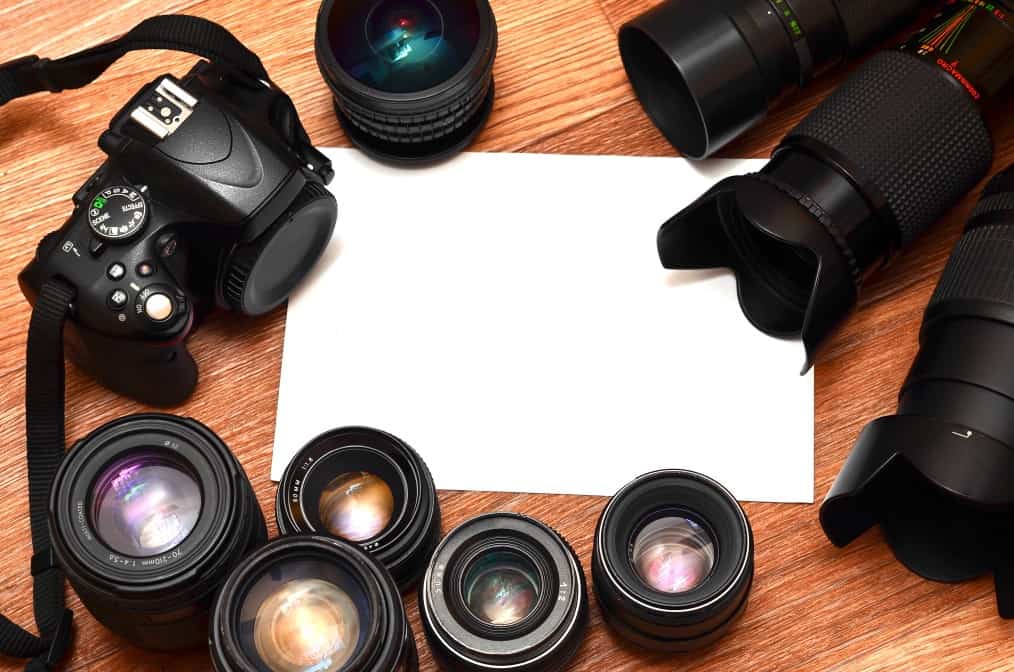
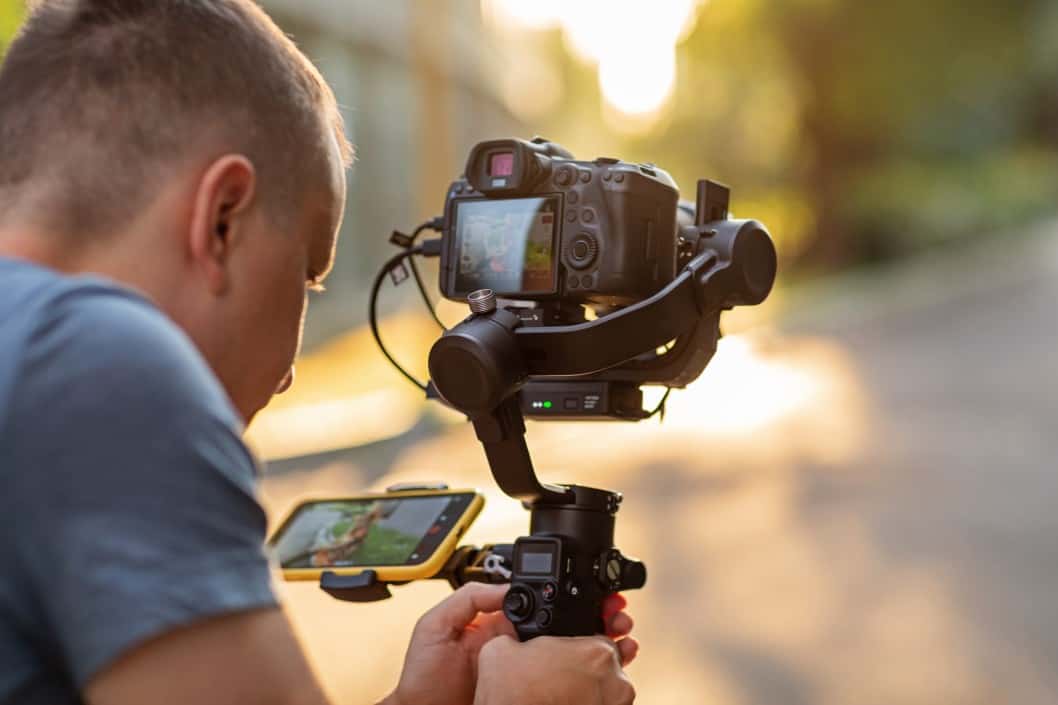
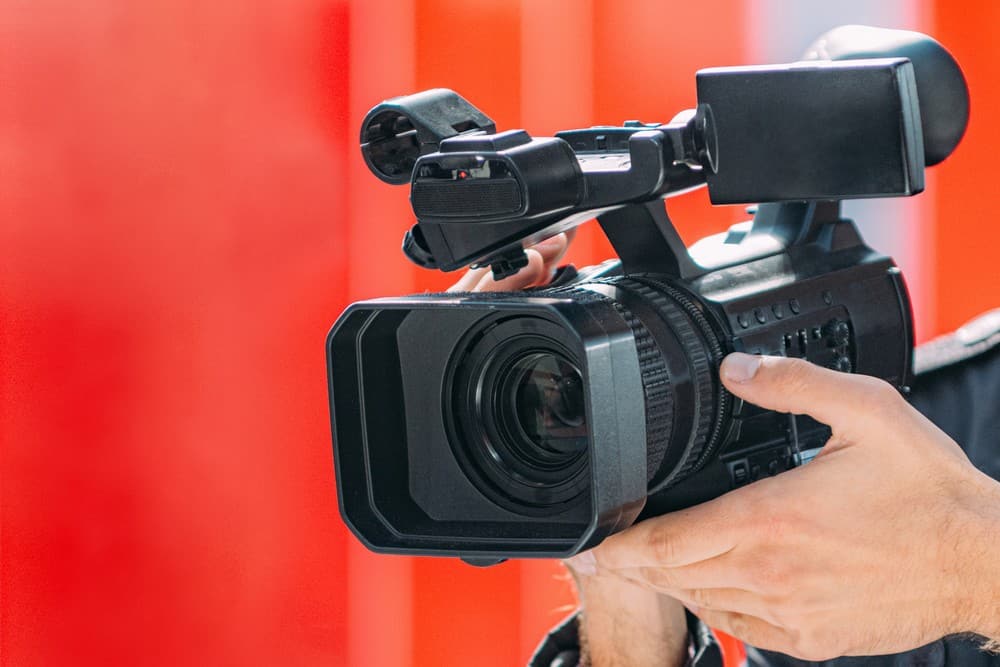
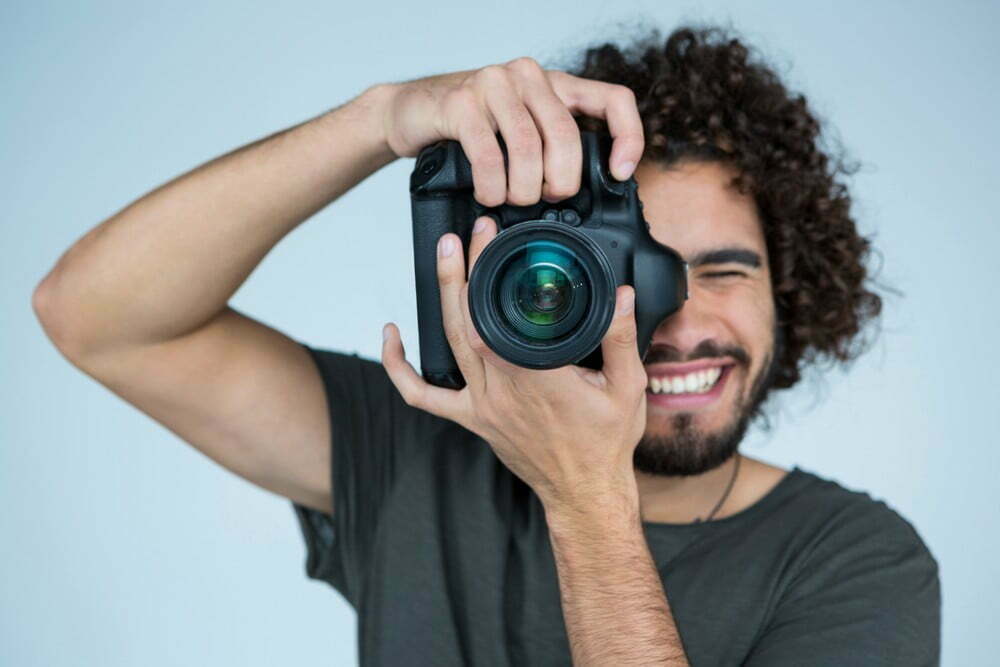
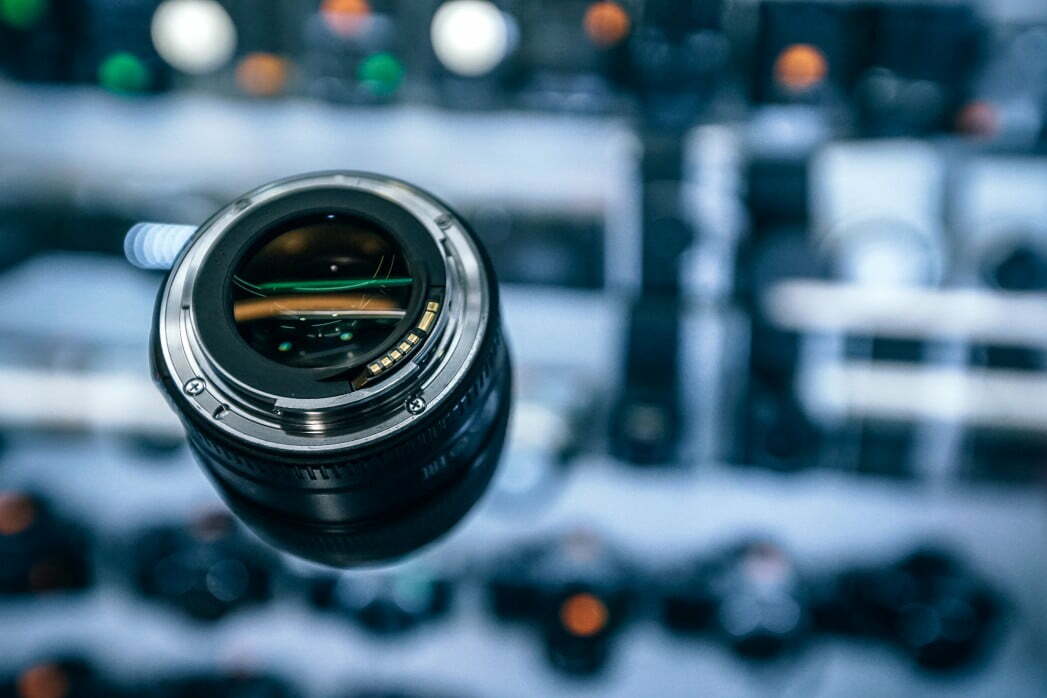
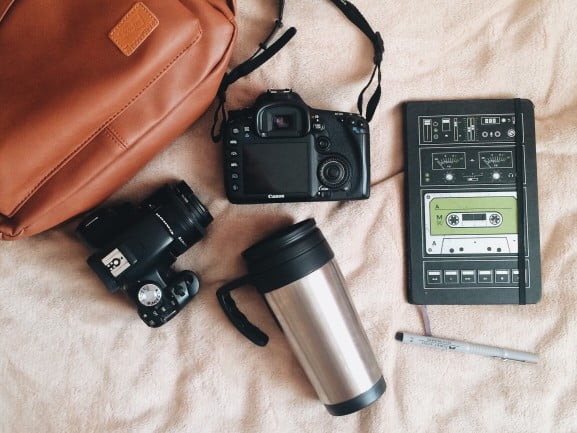
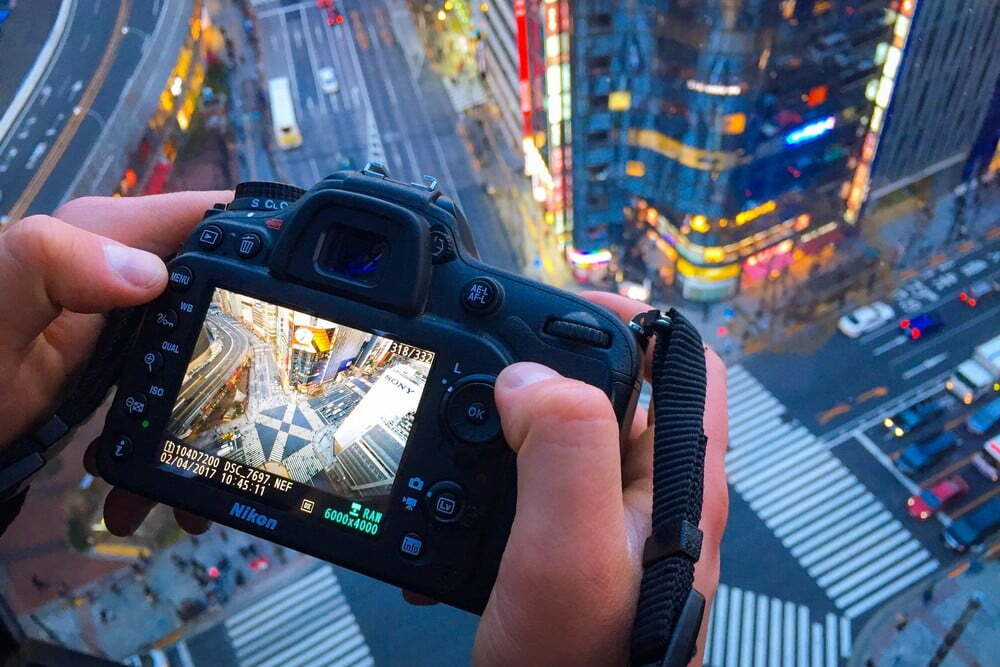

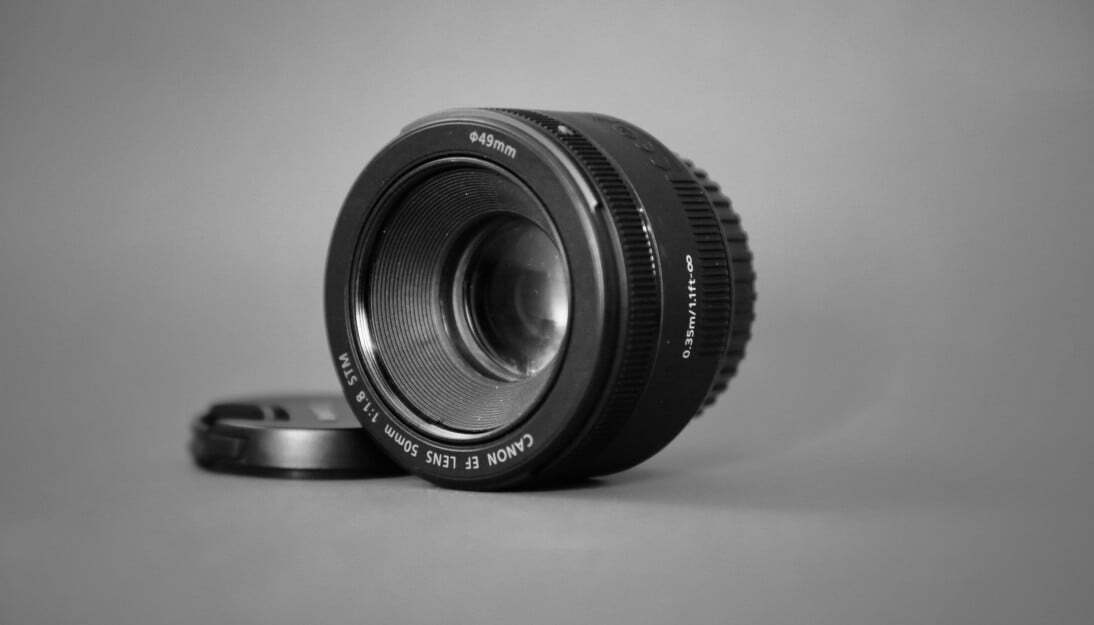
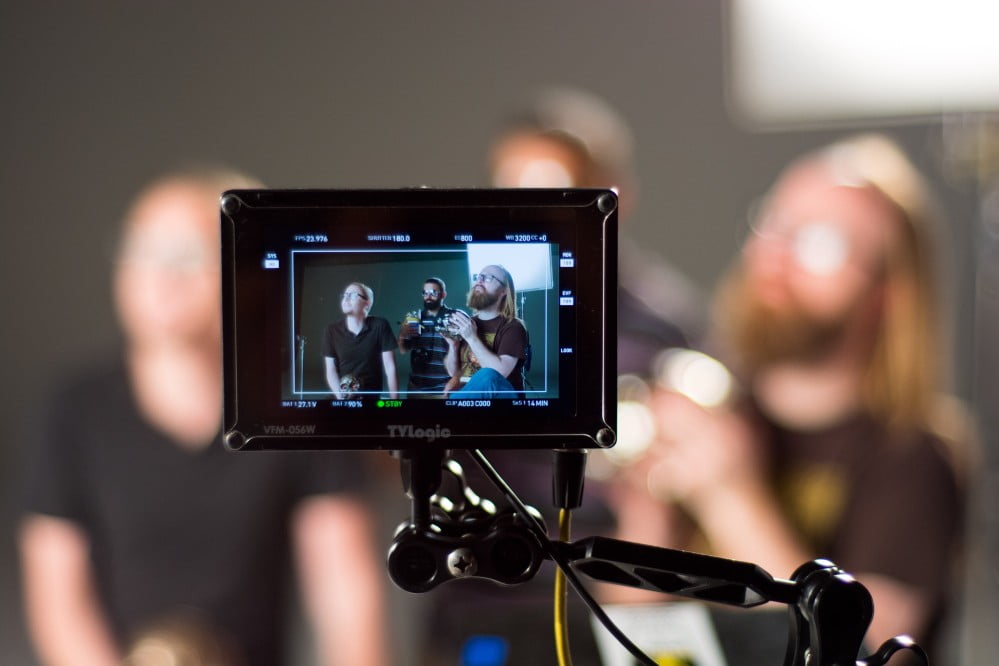
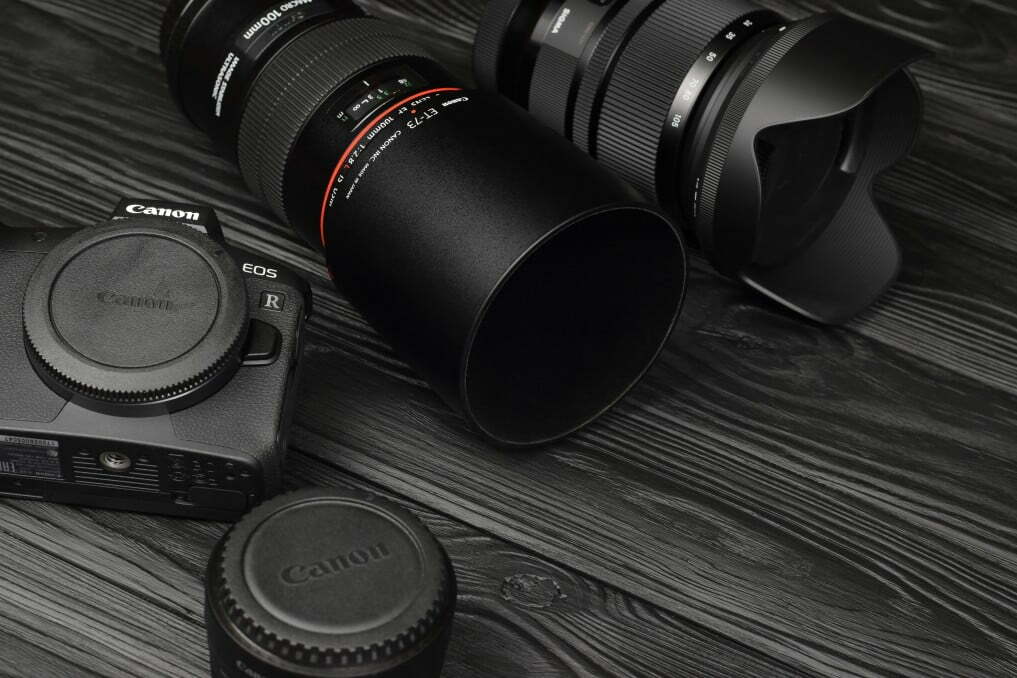
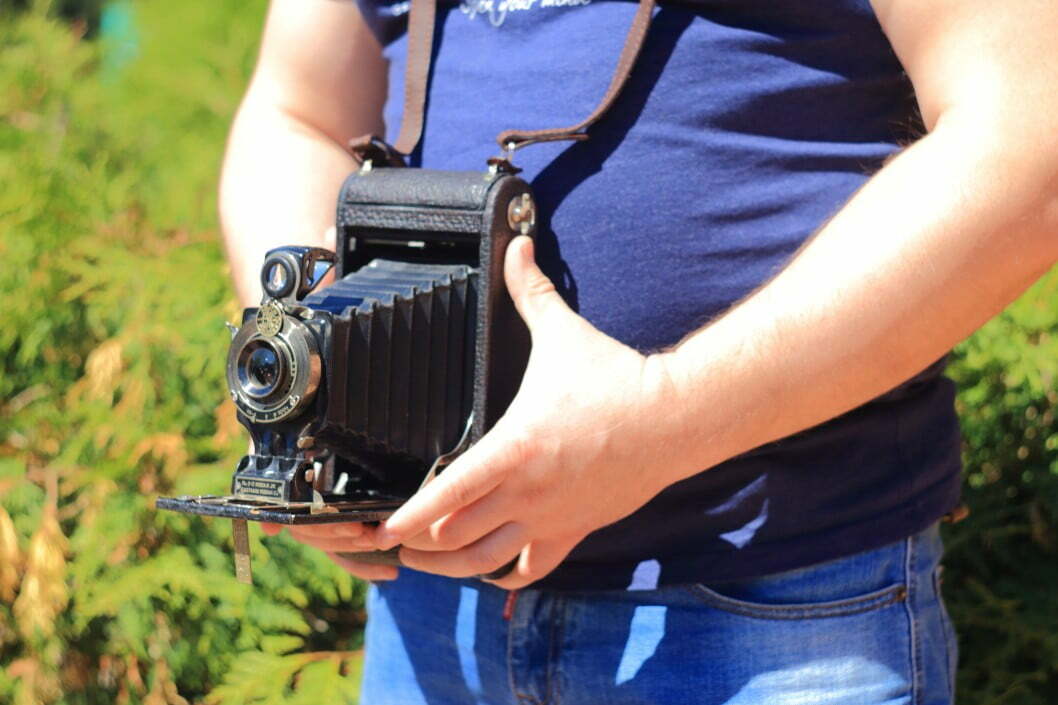
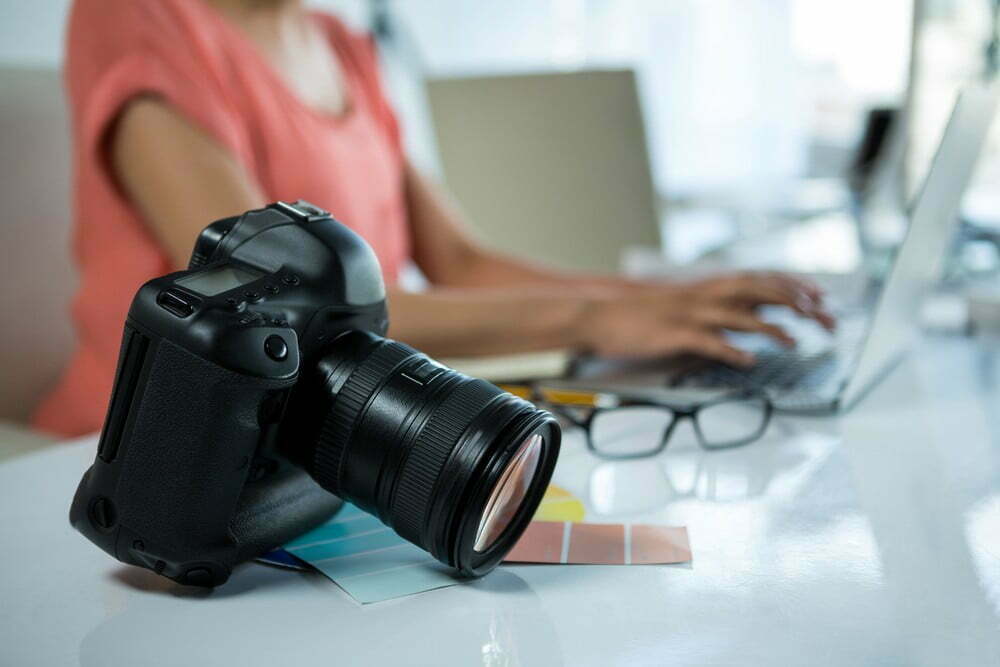
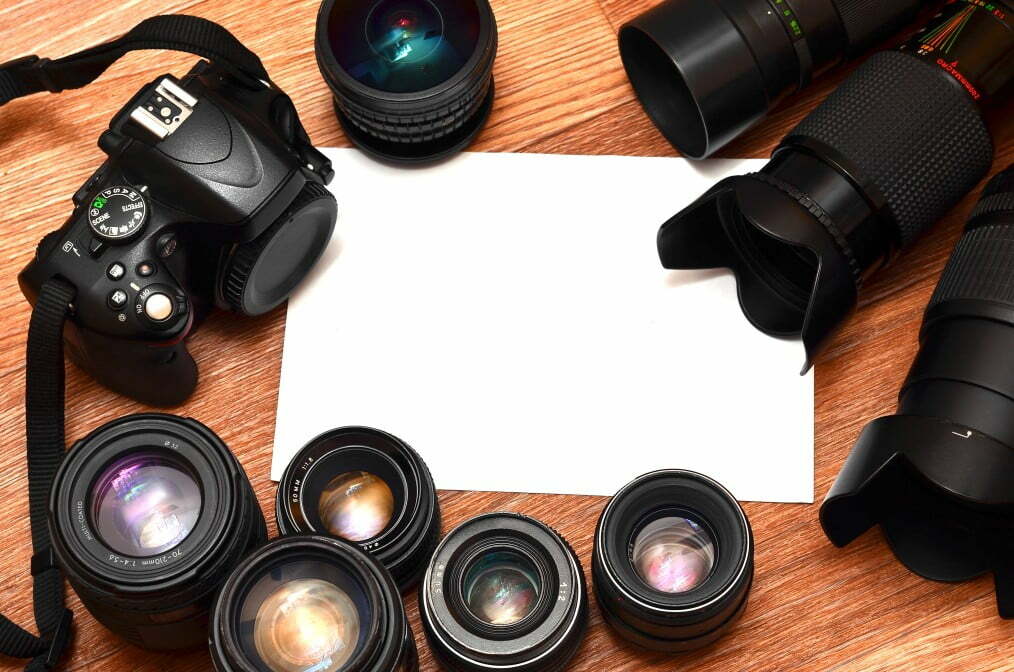
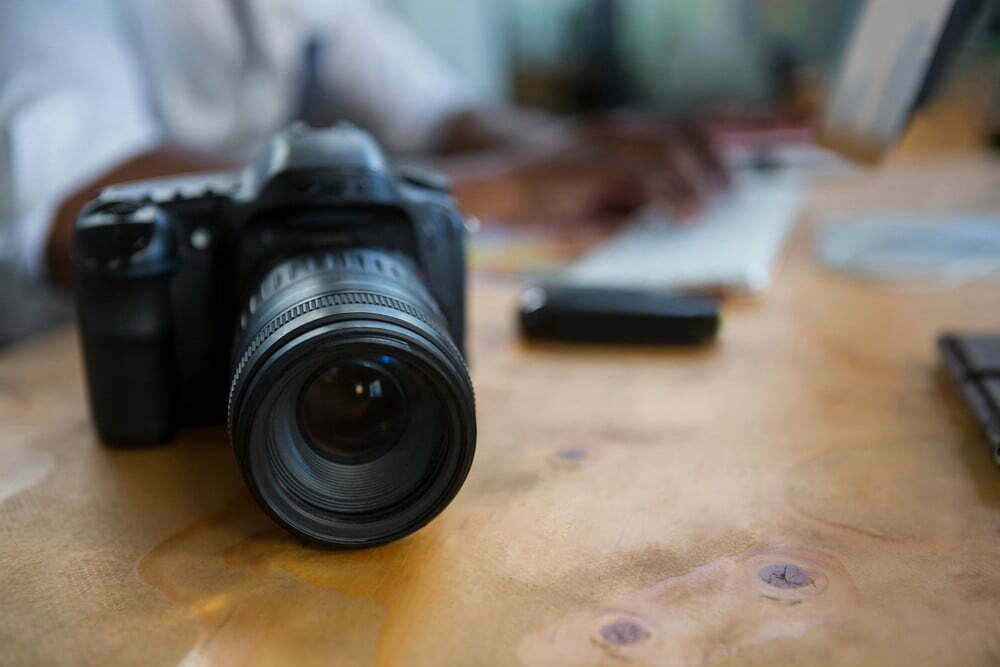


![Best Point and Shoot Camera in [year] ([month] Reviews) 27 Best Point and Shoot Camera in 2026 (January Reviews)](https://www.gadgetreview.dev/wp-content/uploads/Nikon-Coolpix-B500.jpg)
![Best Underwater Camera in [year] ([month] Reviews) 28 Best Underwater Camera in 2026 (January Reviews)](https://www.gadgetreview.dev/wp-content/uploads/best-underwater-camera-image.jpg)
![Best Digital Cameras in [year] ([month] Reviews) 29 Best Digital Cameras in 2026 (January Reviews)](https://www.gadgetreview.dev/wp-content/uploads/what-is-resolution-on-digital-camera-1.jpg)
![Best Digital Camera Docking Stations in [year] 30 Best Digital Camera Docking Stations in 2026](https://www.gadgetreview.dev/wp-content/uploads/best-digital-camera-docking-stations-image.jpg)
![Best Vlogging Camera in [year] ([month] Reviews) 31 Best Vlogging Camera in 2026 (January Reviews)](https://www.gadgetreview.dev/wp-content/uploads/best-vlogging-camera-image.jpg)
![Best Mirrorless Camera in [year] ([month] Reviews) 32 Best Mirrorless Camera in 2026 (January Reviews)](https://www.gadgetreview.dev/wp-content/uploads/best-mirrorless-camera-image.jpg)
![Best GoPro in [year] ([month] Reviews) 33 Best GoPro in 2026 (January Reviews)](https://www.gadgetreview.dev/wp-content/uploads/best-gopro-image.jpg)
![Best Digital Camera Tripods in [year] 34 Best Digital Camera Tripods in 2026](https://www.gadgetreview.dev/wp-content/uploads/best-digital-camera-tripods-image.jpg)
![Best Canon Digital Cameras in [year] 35 Best Canon Digital Cameras in 2026](https://www.gadgetreview.dev/wp-content/uploads/best-canon-digital-cameras-image.jpg)
![Best Polaroid Digital Cameras in [year] 36 Best Polaroid Digital Cameras in 2026](https://www.gadgetreview.dev/wp-content/uploads/best-polaroid-digital-cameras-image.jpg)
![Best Small Digital Camera Cases in [year] 37 Best Small Digital Camera Cases in 2026](https://www.gadgetreview.dev/wp-content/uploads/best-small-digital-camera-case-image.jpg)
![Best Digital Camera USB Cables in [year] 38 Best Digital Camera USB Cables in 2026](https://www.gadgetreview.dev/wp-content/uploads/best-digital-camera-usb-cable-image.jpg)
![Best Digital Camera Bags in [year] 39 Best Digital Camera Bags in 2026](https://www.gadgetreview.dev/wp-content/uploads/best-digital-camera-bag-image.jpg)
![Best Sony Digital Cameras in [year] 40 Best Sony Digital Cameras in 2026](https://www.gadgetreview.dev/wp-content/uploads/best-sony-digital-cameras-image.jpg)
![Best Panasonic Digital Cameras in [year] 41 Best Panasonic Digital Cameras in 2026](https://www.gadgetreview.dev/wp-content/uploads/best-panasonic-digital-cameras-image.jpg)
![Best Digital Camera Accessories in [year] 42 Best Digital Camera Accessories in 2026](https://www.gadgetreview.dev/wp-content/uploads/best-digital-camera-accessories-image.jpg)
![Best Kodak Digital Cameras in [year] 43 Best Kodak Digital Cameras in 2026](https://www.gadgetreview.dev/wp-content/uploads/best-kodak-digital-cameras-images.jpg)
![Best Video Cameras in [year] ([month] Reviews) 44 Best Video Cameras in 2026 (January Reviews)](https://www.gadgetreview.dev/wp-content/uploads/best-video-cameras-image.jpg)
![Best Compact Cameras in [year] 45 Best Compact Cameras in 2026](https://www.gadgetreview.dev/wp-content/uploads/best-compact-camera-image.jpg)
![Best Digital Cameras with Wifi in [year] 46 Best Digital Cameras with Wifi in 2026](https://www.gadgetreview.dev/wp-content/uploads/best-digital-camera-with-wifi-image.jpg)
